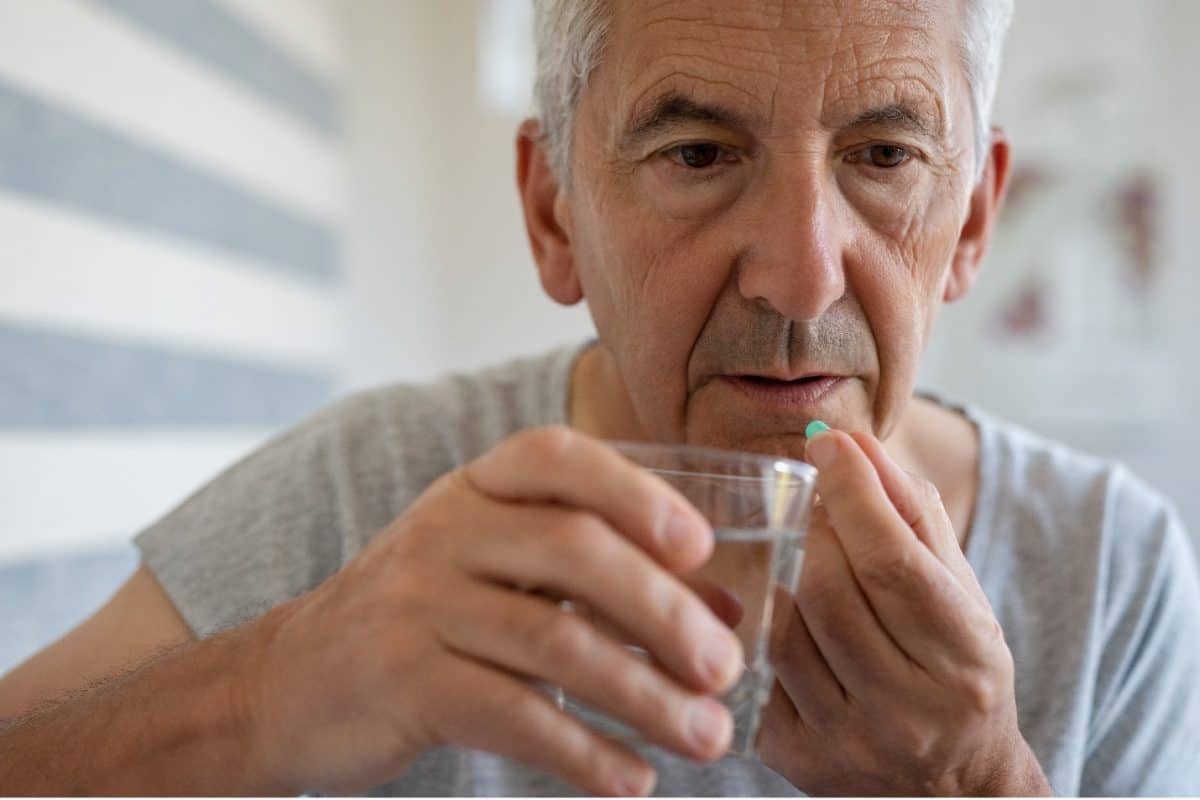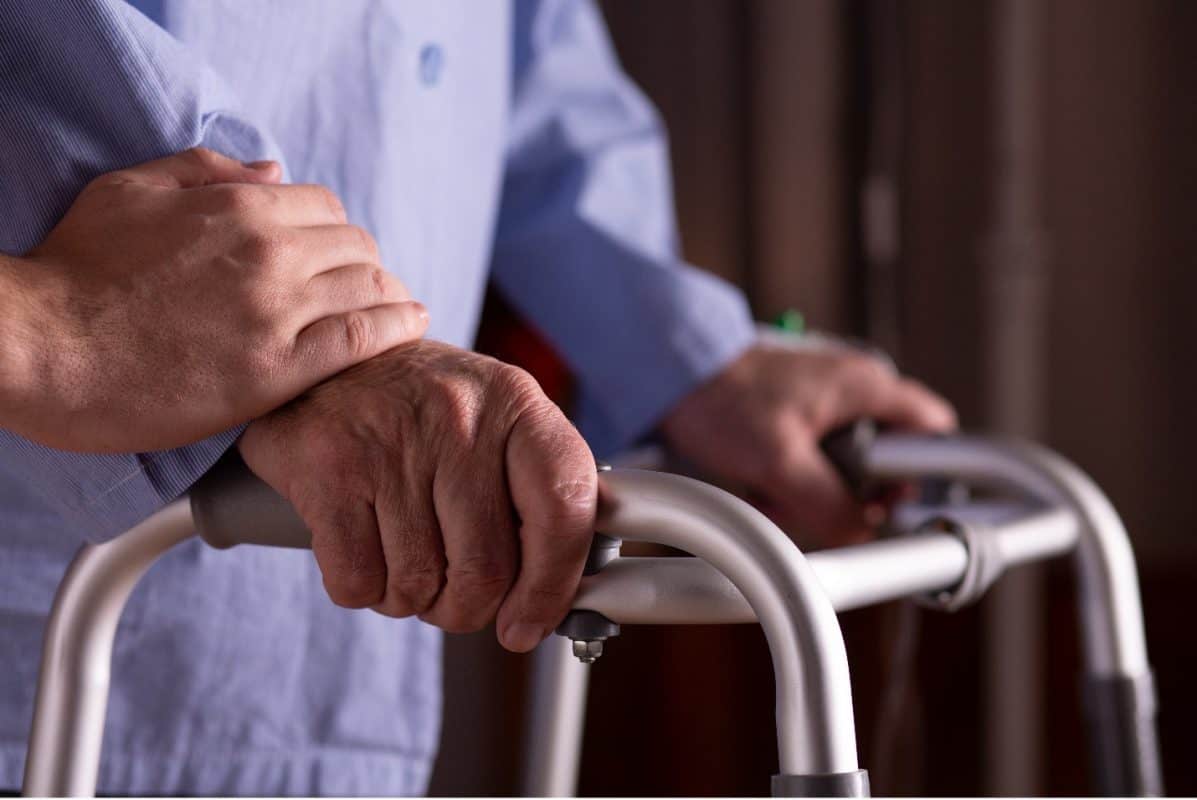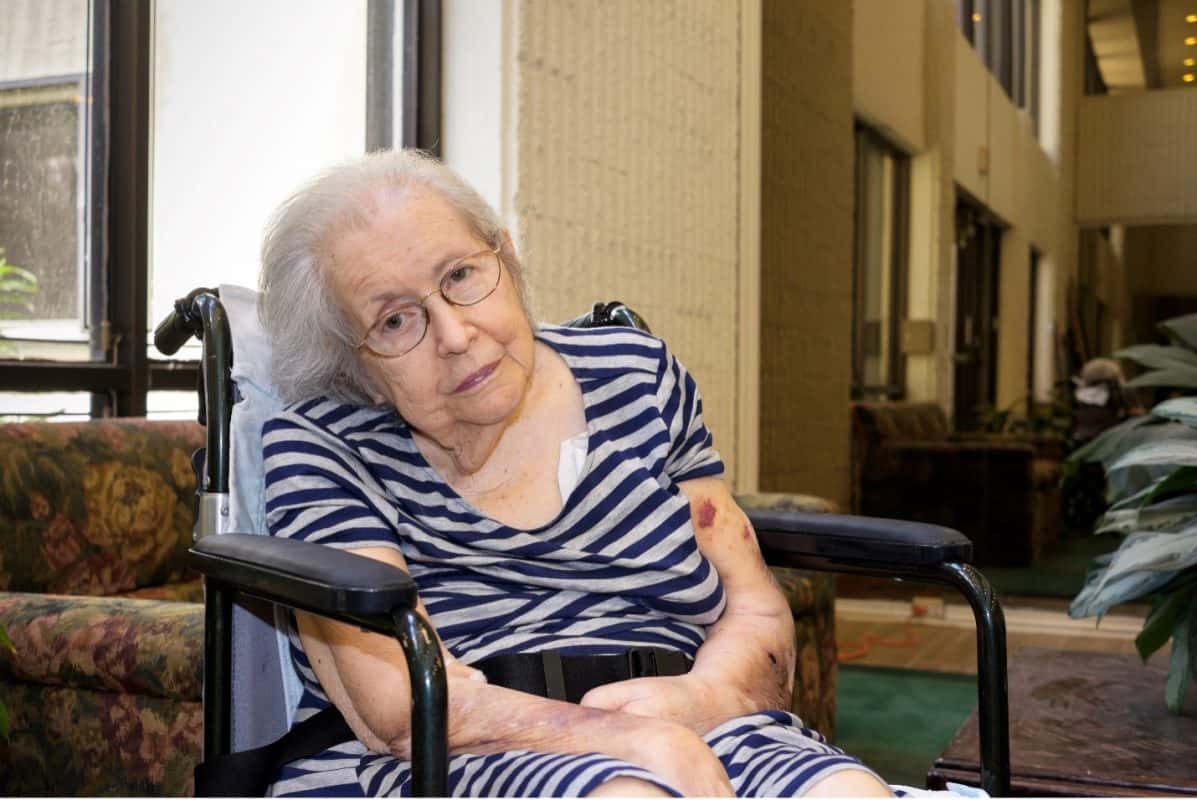A cerebral vascular accident or stroke is an arising medical condition requiring immediate treatment by a health care professional. The earlier a stroke is treated, the better the outcome. Yet, many strokes will have delayed treatment for many reasons, resulting in significant neurological deficits in such individuals. For example, older adults who have had a stroke can subsequently develop other medical complications. These complications will require effective management to prevent additional problems.
While strokes can happen to individuals of younger ages, they most commonly occur in the older population. According to the American Heart Association, patients older than 85 make up nearly 17% of all stroke incidents.
In what follows, we'll discuss some more common complications that can occur during post-stroke recoveries, such as swallowing, difficulty ambulating, and communication problems.
Characteristics Of A Stroke
As the fourth leading cause of all-risk mortality in the U.S, known to result in more severe long-term effects than any other disease, disorder, or condition, a stroke is a brain injury caused by a lack of blood supply to an area of the brain. This loss of blood supply is usually the result of a blockage in a blood vessel or the rupture and hemorrhage of a blood vessel. If a stroke is caused by a blockage or blood clot, it's known as an ischemic stroke. A rupture in a blood vessel causes it; it's a hemorrhagic stroke.
Types of Post-Stroke Complications
Several complications can occur post-stroke, and the more severe the stroke, the more likely these complications can occur.
In many cases, individuals affected by a stroke will experience some aspect of cognitive or physical deterioration and can have difficulty with memory issues, muscle weakness, and even depression.
You can minimize stroke complications, and the severity of complications can be decreased by promptly treating a stroke within the first 12 to 24 hours of the start of symptoms.
Below are some of the more common complications that can occur post-stroke in individuals:
• Swallowing and Eating Issues
• Difficulty Ambulating
• Speech and Communication Issues

Swallowing and Eating Issues
A post-stroke condition commonly seen in elderly stroke patients is dysphagia, which is difficulty swallowing. Muscles involved in eating do not function properly, and food or liquid does not effectively get transferred from the throat down the esophagus and into the stomach. This dysfunction can lead to other complications, such as pneumonia and malnutrition.
Because of the complexity of the condition, you may have to retrain yourself to eat and swallow safely. This process is best accomplished by combining speech therapy, monitored swallowing techniques, electrical stimulation, and other compensation measures.
Difficulty with Mobility
The most common consequence of a stroke is motor impairment, typically a direct result of the loss of brain control of specific muscles. Yet, the process can also be more of a developmental consequence as the brain becomes atrophic after the injury and suffer long-term chronic dorsiflexion of the feet and ankles in the lower extremities that have become paralyzed from a stroke.
Yet, in many cases, the loss of function in the lower extremities is minor, and individuals can regain the ability to ambulate with assistance, often with a walker. With physical and occupational therapy, mobility can improve dramatically for these people. Therefore, the

Speech and Communication Issues
Many post-stroke individuals suffer from speech and communication difficulties. This condition, called aphasia, occurs in about 33% of stroke patients and results when a stroke occurs in the area of the brain that controls the ability to speak.
If speech and communication issues occur due to a stroke, speech pathology therapy and communication therapy can be utilized to treat and manage this condition.
Other possible complications post-stroke include a variety of cognitive impairments, bowel dysfunction, and generalized pain.
Prevention of Post-Stroke Complications
Post-stroke rehabilitation will include a large team of health care workers: neurologists, physical therapists, speech pathologists, surgeons, and general medicine doctors. The appropriate management of post-stroke conditions such as those discussed will help prevent complications such as aspiration and falls, which can both be life-threatening.
It's helpful to consider the ways to help to prevent a stroke. Some medical issues can't be prevented, yet there are, however, several lifestyle changes that one can make to defend against the possible development of a stroke.
Below are some of the most effective preventative suggestions:
- Reduce Environmental Stress
- Receive Regular Blood Pressure Check-Ups
- Eat Healthily and Exercise Regularly
- Eliminate Bad Habits Like Smoking
Finally, if an individual has already experienced a stroke, they need to remain vigilant with regular doctor check-ups and lifestyle interventions as suggested above.
Conclusion
It's essential to understand the damaging nature of a stroke and that fast treatment is the way to achieve the best outcomes. However, the
Remember that adequately managing the common complications of stroke can significantly improve the quality of life for post-stroke individuals.
References:
- American Heart Foundation
- National Institute on Aging
- Centers for Disease Control and Prevention (CDC)
- John Hopkins Medicine
- National Library of Medicine
- American Stroke Association



